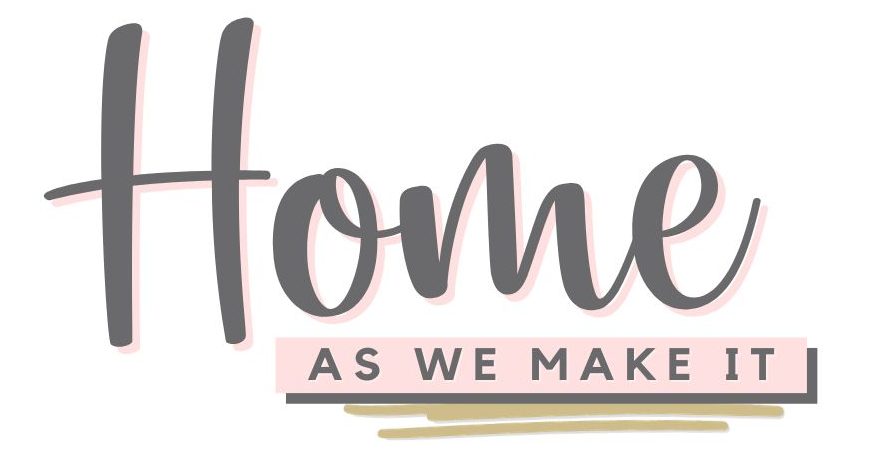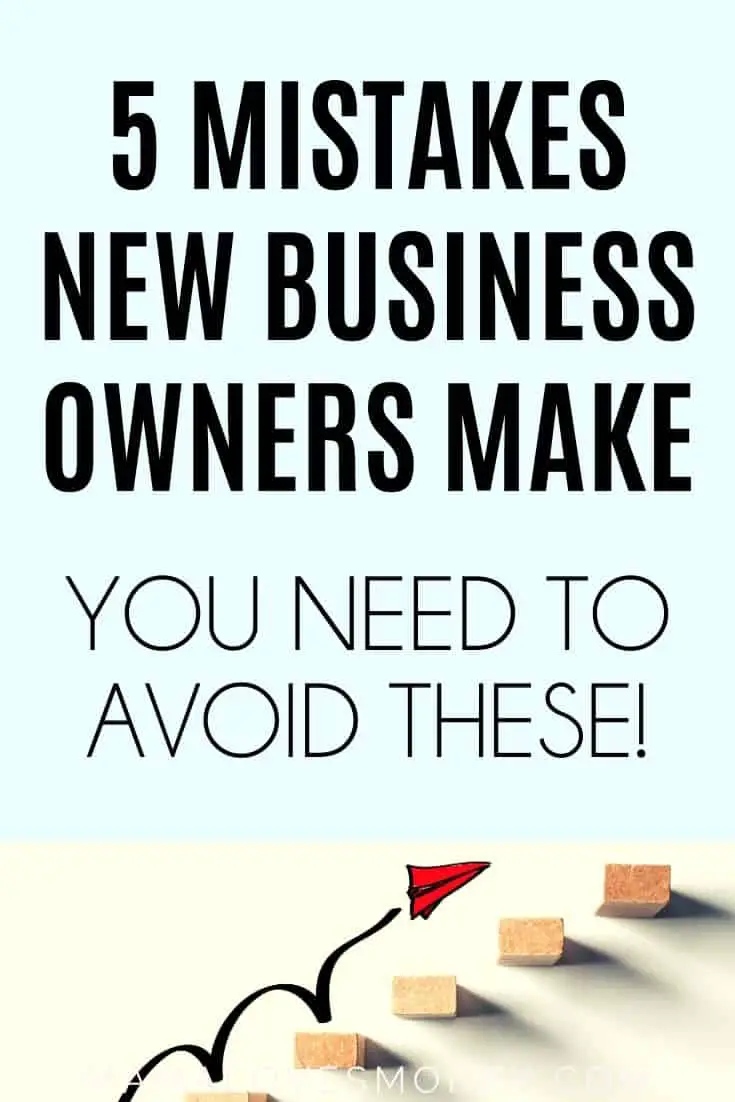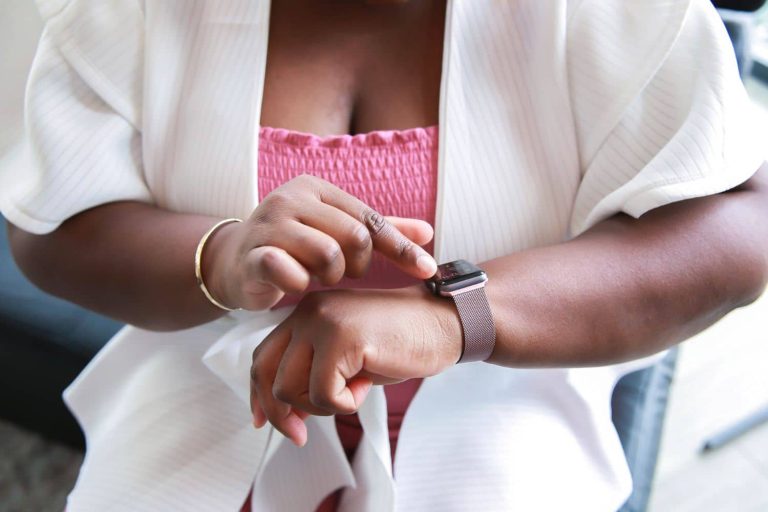Decoding the myths about multitasking
Is Multitasking really good for your work; Or is it just everyone’s misconception? If you are still wondering about this problem, please take about 3 minutes to decipher this Glints in the following article.
With the desire to increase productivity, many of us often use a period of time to multi-task. This habit is called multitasking and it often affects people negatively. Debunking the myths about multitasking will help you proactively balance your time and work better.
Note: This post may contain affiliate links, which means if you buy from my link I might make a small commission. This does not affect the price you pay. See the full affiliate disclosure here.
Let’s start this off with…
Myth 01: Multitasking can actually become a hard habit to break
You open your computer and immediately pop up a lot of tabs; both work and entertainment channels at the same time. As soon as you receive a call from a customer, you still look at the screen; Take notes of the main ideas from the email your boss sent. After ending the call; You quickly write a response email but your brain thinks about the call just now.
The above sequence of actions is repeated many times a day and inadvertently becomes a habit that is difficult to break. This is of course not good for work because the human brain does not multitask. Myths about multitasking helps to solve many things; It’s a man-made problem.
As soon as you try to focus on these tasks at the same time; the brain will also respond by refusing to accept the information. That’s why after a busy day, many people often complain: “Working all day, why do you feel like you haven’t done anything?”.
Myth 02: Illusion of the power of multitasking
According to researcher Zhen Wang, multitasking only helps people achieve a sense of job satisfaction; It doesn’t make them any more efficient. Spending too much energy on different tasks only makes your brain more tired; work efficiency is not high.
Therefore, instead of spending a lot of time doing many things with no results, spend this time on one job; to put the brain in a state of “Deep work”. This is a highly appreciated method in the digital age that easily dominates and affects you every minute.
Clifford Nass – a researcher at Stanford, once mistakenly believed that the power of multitasking could help the human brain quickly filter information; fast switching of jobs; and create large memory. But after doing research , he realized they weren’t all that good. Because once the brain is overworked, negative reactions will form.
Myth 03: Multitasking boosts your creativity
The last mistake many people make at the same time is thinking that this approach is extremely creative; or help spark creativity effectively. Multitasking doesn’t help with creative work. Remember this share of Glints.
The brain has to constantly “jump” back and forth between tasks will reduce performance. This was demonstrated in a report published in the Journal of Experimental Psychology: when solving complex mathematical problems; students were 40% slower when asked to pause calculations to move on to another task.
More bad news for you: multi-taskers are more likely to make mistakes; poorer memory and take longer to complete a task, compared to deep workers. ( report from Stanford University ).
The way to control multitasking is to realize this in yourself as early as possible. From there, manage workloads by minimizing or organizing them more scientifically. After all this, you will find yourself productive; Less stress and still energetic until the end of the day.
Hopefully the above sharing from Glints can help you get rid of the habit of multitasking; improve work performance. Don’t forget to visit our Blog for continuous updates on how to be productive and creative!






